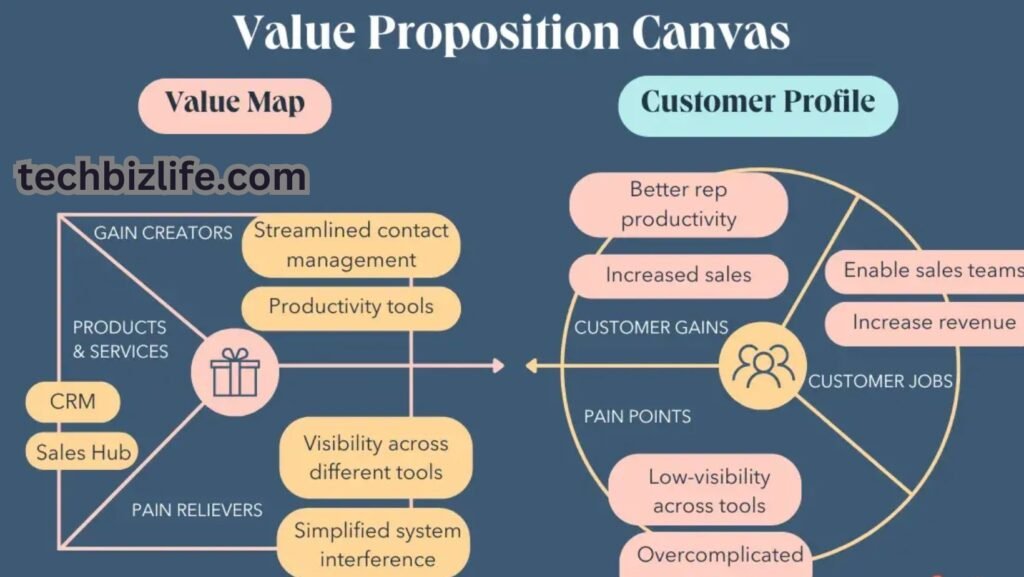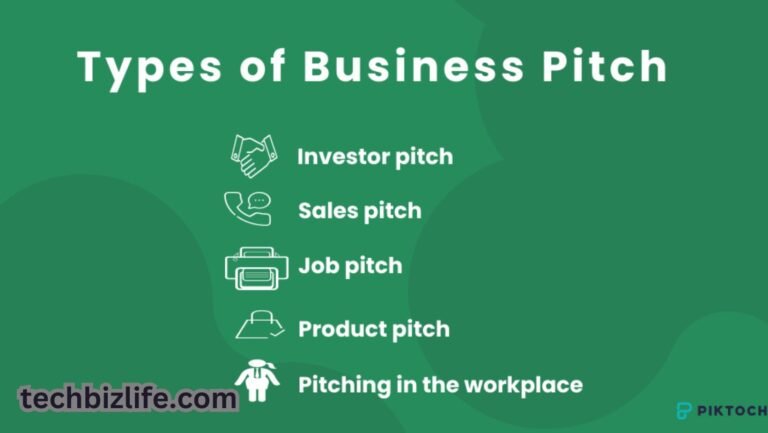The process of preparing a business pitch is so clear, and this will be used to attract your audience. In this quest to gather the elements of a business pitch, most would-be entrepreneurs and professionals would look into what aspects to include. At the same time, they are just as relevant in finding out which details one might not need for that presentation. Hence, such unnecessary details may make it easy for that pitch and then bring to the fore what you need. We will be discussing the basic components of a business pitch and will focus on aspects that most likely should not be included. We will then proceed to provide some useful statistics and data in addition to common questions related to pitching strategies and how best to carry out a business pitch.
Key Takeaways
- Understanding the primary purpose of your pitch can help you identify irrelevant details.
- Omit overly technical jargon unless your audience is familiar with the terms.
- Avoid excessive financial details that may overwhelm or confuse your audience.
- Focus on storytelling and connection rather than on including every fact or figure.
- Customize your pitch by knowing your audience, and tailoring the message to their interests and concerns.
The Business Pitch
A business pitch is your short presentation of your business idea, product, or service to investors, partners, or other interested parties. According to CB Insights, 42% of startup failures are due to poor demand in the market which explains why presenting the value proposition clearly in that pitch is so crucial. Types of Business Pitches Elevator Pitch: Very short, persuasive speech introducing yourself and your business idea.
- Formal Pitch Deck: A more detailed slideshow used to raise capital or collaborate.
- Informal Pitch: A casual conversation is sometimes done to determine interest or to get feedback.
- Knowing the differences between pitches, you will know what best to say and what content to prepare.
Also Read More: which of the following is probably not an important point to include in a business pitch?

What to Use in a Business Pitch
Although we will detail what to avoid in the business pitch, it would be very important first to let you know what to include in the business pitch:
- Simple but clear value proposition: Where exactly does your business stand
- Market analysis: Showing relevance to your target audience
- Business model: How your business will generate revenue for you
- Team credentials: Showing the experience and know-how of your team.
- Ask for the call: Make it very clear what one wants from the audience in question.
Each of them gives your business the depth of context that will add layers of credibility and interest that will make your business credible. which of the following is probably not an important point to include in a business pitch
Common Mistakes in a Business Pitch
First, let’s list the common mistakes that one tends to make in pitching a business before detailing what not to include:
| Mistake | Description |
|---|---|
| Overloading Information | Providing too much data that confuses the audience. |
| Neglecting Audience Engagement | Failing to connect with the audience personally. |
| Ignoring Feedback | Not adapting based on audience reactions or questions. |
Which Points Probably Shouldn’t Be Included in a Business Pitch?

Too Much Technical Information
One may be required to go into a lot of detail about certain technical information; however, the audience may not have any knowledge of these details and thus may get bored. Try and present technical information in as simple terms as possible.
Too Much Background Information
This may water down the message. Relevant history could be only that history, which supports your pitch.
Detailed Financial Projections
While presenting financial forecasts is extremely important, going into too much detail may overwhelm or confuse your audience. Instead, focus on high-level projections that give a clear vision of your business’s potential without flooding your listeners with figures.
Personal Anecdotes
While storytelling is wonderful in a pitch, personal stories that are unrelated to the business make it difficult to hear the message. All stories must relate to the business idea or value proposition.
Depth of Competitive Analysis
Do not delve into every competitor but name your most important competitors and briefly describe how your business is different from them.
Long-term strategies that do not pertain to an engagement
Focus on short to mid-term goals that are relevant to your immediate engagement. The long-term plans can always be discussed later if there is interest in the crowd.
Irrelevant Achievements or Metrics
Highlight the metrics that matter most to your audience. Avoid speaking about achievements that do not directly impact the success of the pitch. which of the following is probably not an important point to include in a business pitch
Also Read More: which of the following is probably not an important point to include in a business pitch?
FAQs

What should I focus on during my pitch?
Focus on your value proposition, market potential, and how your business can fulfill that demand effectively.
How long should a business pitch be?
The ideal length for a pitch is around 10-20 minutes, depending on the format and the interest of the audience.
Should I include a full business plan?
Just give a brief overview of your business plan and leave the detailed document for subsequent follow-up discussions. which of the following is probably not an important point to include in a business pitch
How do I get the audience to be involved in the pitch?
Engage them throughout by telling stories and raising rhetorical questions as needed to participate.
How do I handle questions when presenting?
Prepared questions will be able to answer and even thank you for allowing them an opportunity to present themselves to clarify those specific matters, engaging your audience even more.
Do I have to rehearse my pitch beforehand?
Absolutely, with practice the message will become sharper; and the delivery more refined and confident.
Conclusion
Coming up with an effective business pitch is done by choosing what to say and write. Knowing which details don’t need to be added may help make a presentation a success by keeping it fun and memorable. Be a value proposition in front, a know-your-audience professional, yet human too. Remember, clarity and relevance are the essence; you want to tell your business idea in fewer words than possible, but also connect very genuinely with your audience. Steer away from common mistakes and tell a great story that leaves an impression.


